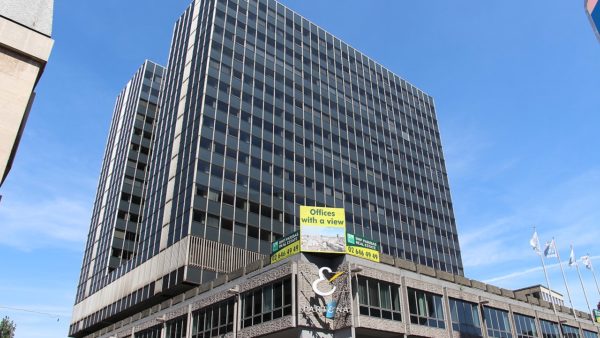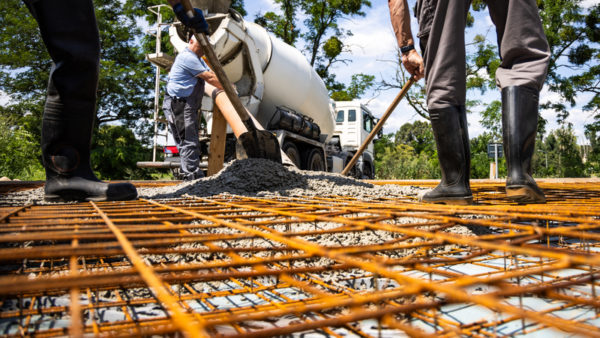The 57 members of the Asian Infrastructure Investment Bank (AIIB), China’s addition to the world’s system of development finance institutions, held its first meeting in Beijing at the weekend.
One of the main items on the agenda was the establishment of an admissions procedure for candidate members: according to a list of potential members circulated to delegates, the bank is about to undergo a rapid expansion into Africa and South America.Many of these countries were present at the meeting as observers.
At present, the AIIB’s only South American member is Brazil, and its African members are Egypt and South Africa. However, as many as 24 countries are expected to make applications to join before a deadline of 30 September, including Chile, Colombia and Venezuela in Latin America, and Algeria, Libya, Nigeria, Senegal and Sudan in Africa.
Andreas Pierotic, a Chilean diplomat, told the Financial Times: “In the past 10 years, Latin America has grown its interaction with the Asia Pacific region, and trade has gone from $15bn to $350bn, but there’s a lack of infrastructure so Latin American products can go to Asia.”
Lou Jiwei, China’s finance minister, told reporters: “I can assure you more Latin American countries will be members very soon. Given the increasingly close relationship between Asia and Latin America, we will not be short of projects to finance.”
He added that there was no anomaly in an Asian bank financing out-of-area schemes, as they were “good for Latin America and good for Asia”.
Other candidates for membership this year include Cyprus, Greece and Ireland.
The meeting followed the issuing of the fund’s first four loans, which were approved on Friday, 24 June. These included $217m towards a slum redevelopment scheme in Indonesia, $165m for a project to expand Bangladesh’s power grid, $100m for a road in Pakistan and $27m for another in Tajikistan.
Three of the loans were made in cooperation with the Asian Development Bank, the European Bank for Reconstruction and Development, and the World Bank, easing concerns that the AIIB would disrupt their activities.
One country that hopes to become a major client of the AIIB is India. It is preparing projects worth up to $3bn in urban development and energy, and is ready to set up an AIIB office New Delhi. According to Arun Jaitley, India’s finance minister, his country needs more than $1.5 trillion of infrastructure investment in the next 10 years to bridge infrastructure gap.
The meeting also discussed the turmoil that has engulfed the world’s financial institutions in the wake of the UK’s decision to secede from the EU.
Lou told the conference that the “knee-jerk reaction from the market is probably a bit excessive and needs to calm down and take an objective view”, however he added that the decision had “cast a shadow over the global economy”, and that “the repercussions will emerge over the next 5-10 years”.
Jin Liqun, the president of the AIIB, said: “The bank is off to a very strong start. The past months have been fast-paced and productive. In just six months with the guidance and support of our boards of governors and directors, we have put the fundamentals of a large, modern multilateral financial institution in place.” Â
The governor for Korea was elected to serve as the incoming chairman of the board of governors, and the governors for Georgia and the UK were elected vice chairmen.
Image: The AIIB’s 57 shareholders line up at the inaugural conference (AIIB)






